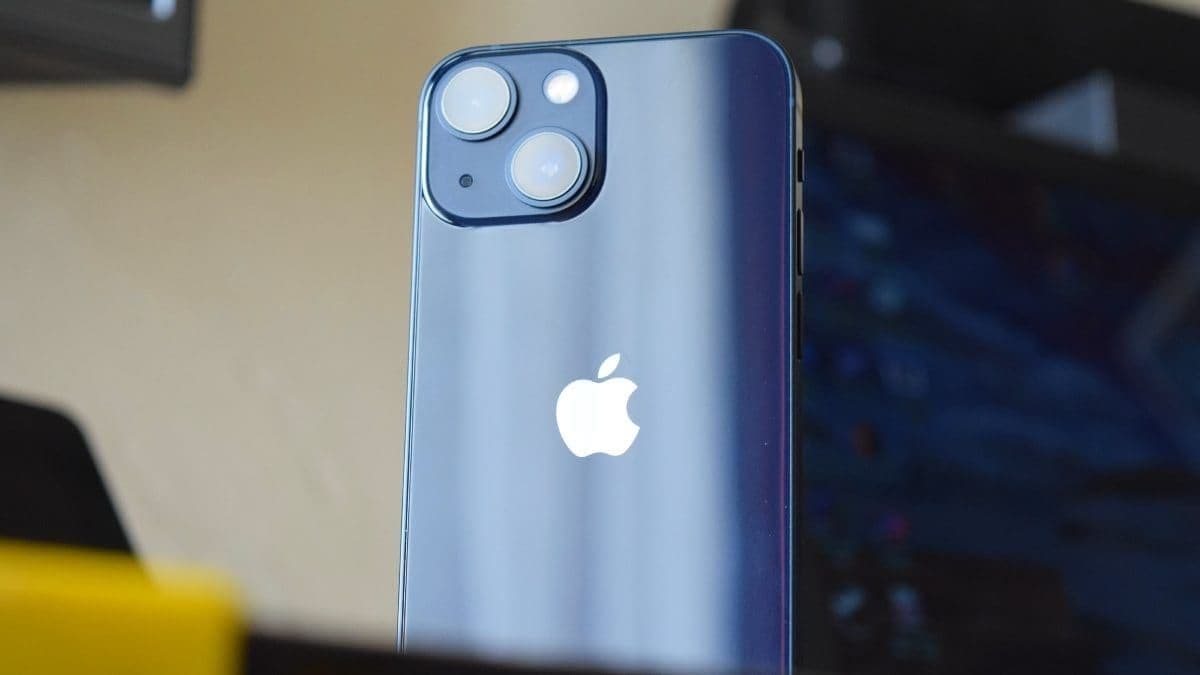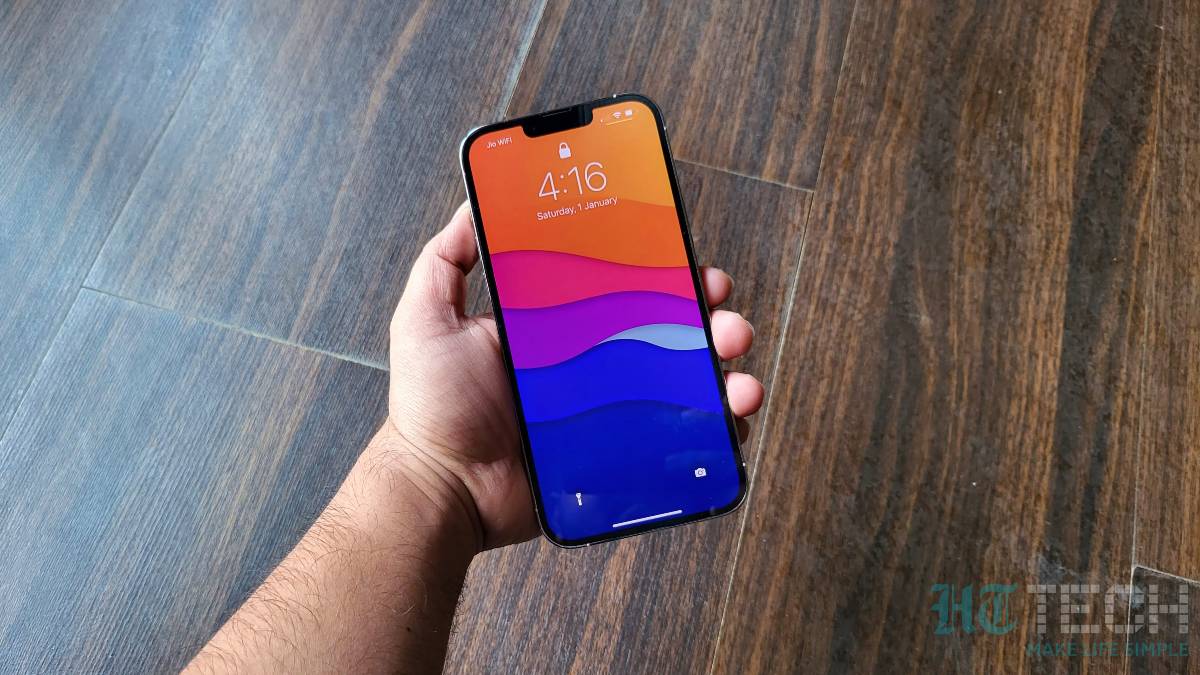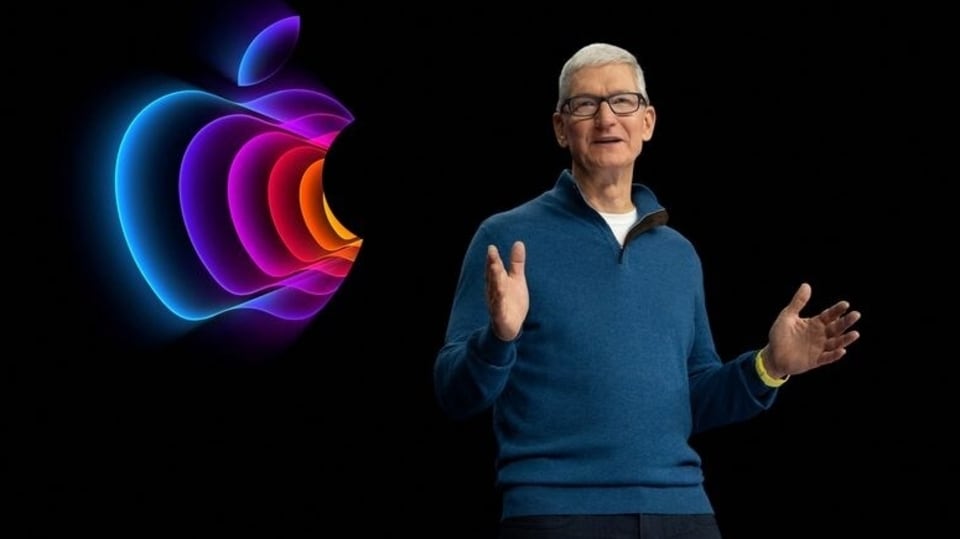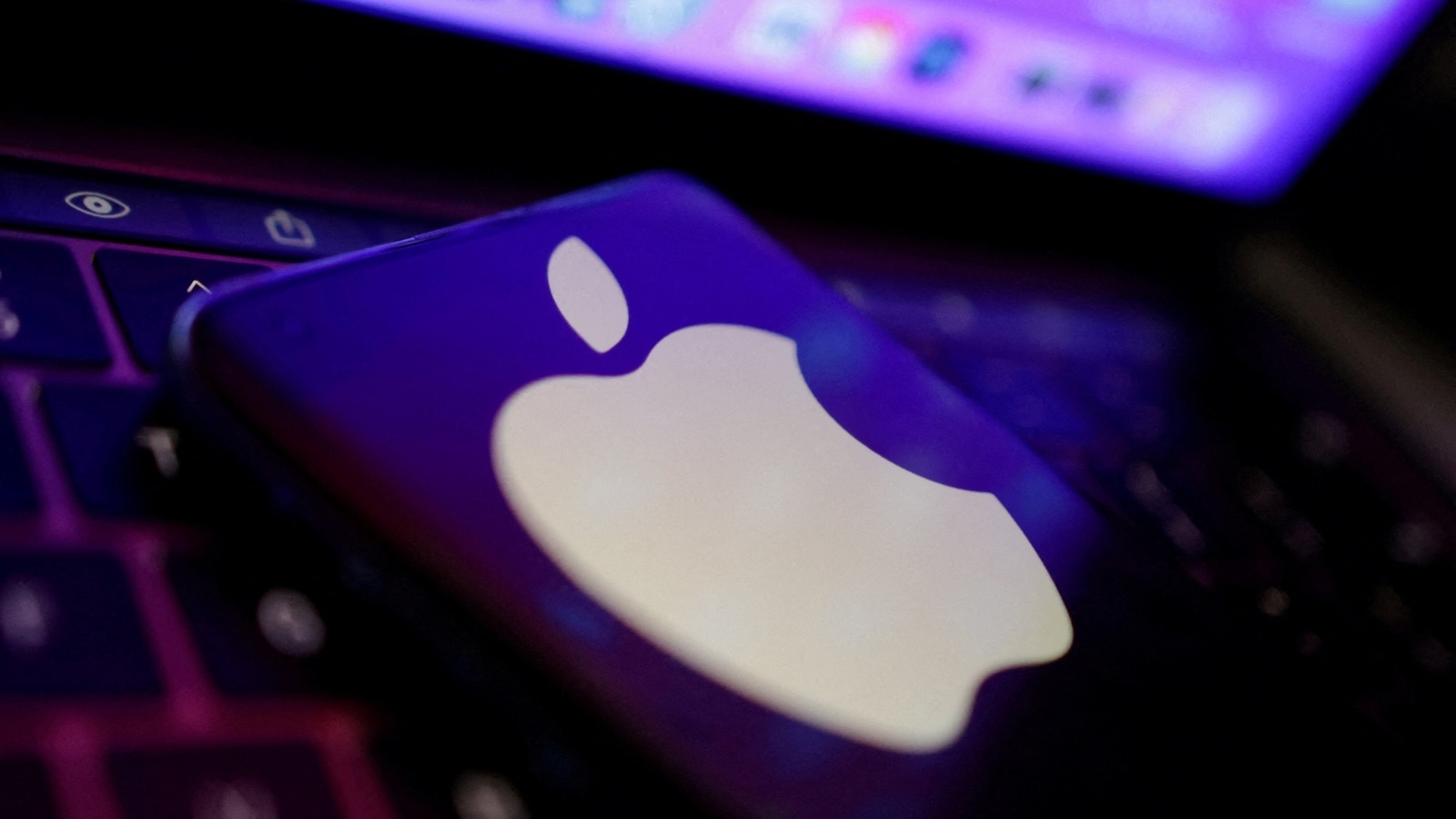As Apple Launches iPhone 14, Can It Be a Privacy Hero and an Ad Giant?
Apple Inc. last week unveiled the iPhone 14 series and consumers are going to need reassurance that the company won’t relax its standards on tracking protections.
_1633406841433_1662100514745_1662100514745.jpg)


_1632469213726.jpg)
_1633112418190.jpg)


 View all Images
View all ImagesApple Inc. last week unveiled the iPhone 14 series in a 90-minute glitzy infomercial that was all about hardware. Though the company didn't talk about what it would do with people's personal data, it has long been a given that your information on an iPhone is kept private. Its messaging system is encrypted by default, its digital assistant Siri processes commands on the phone rather than on Apple servers, and Apple lets you block advertisers from tracking you.
But as the tech giant seeks to grow revenue from advertising, a business long powered by data collection and targeting, consumers may soon need more concrete reassurances that the company won't loosen its standards for how it handles personal information.
Tim Cook, Apple's chief executive officer, has called protecting privacy “the most essential battle of our time.” That stance on privacy has allowed the company to fashion itself as a hero among giants of surveillance capitalism like Facebook parent Meta Platforms Inc. and Alphabet Inc.'s Google.


mobile to buy?
Yet that also makes Apple's growing foray into advertising hard to reconcile with a commitment to walling off private information.
Apple likely has been forced by circumstance. The booming smartphone market has been slowing and Apple needs to make money in other ways besides selling iPhones(1). To that end, it is developing mixed-reality headsets, an autonomous car and is leaning more into services like Apple TV and Apple Music. It has also started growing its footprint in the ad business, a market normally associated with social media firms.
Apple currently shows display ads at the front of its App Store and on its News and Stocks apps, but now it is planning to expand those ads to other pages in the App Store, too(2). Its ad division is meanwhile doubling in size and has been gaining clout internally.
Todd Teresi, the unit's vice president, has started reporting directly to Apple's longtime head of services, Eddy Cue, and Teresi wants to grow Apple's annual ad revenue from $4 billion to the double digits, according to Bloomberg News. Research group Evercore ISI estimates Apple's ad sales will hit $30 billion in four years. Much of the growth will likely come from the App Store search tab, which is Apple's main money spinner for ad revenue but the company's management changes and financial outlook suggest that overall, advertising will become a bigger deal for Apple in the future.
According to a recent job ad, Apple wants to “define how digital advertising will work in a privacy-centric world,” and the company says that ads on its apps “do not track you.” But “track” has a fuzzy definition. Apple does collect data about iPhone users who have given permission to be targeted with ads across its three apps, according to Apple's advertising policy. It collects things like a device's location(3), a user's gender, age, name and apps they have downloaded.(4)
Cook's privacy pronouncements sound genuine, but it's also hard to ignore that some of Apple's actions against data sharing have been lucrative for the company. Its pop-up for iPhone users that asked if advertisers could track them will cost Facebook an estimated $14.5 billion in lost ad sales this year. That move helped Apple's own ad business gain steam. Little wonder that Apple's tracking protections — which some app developers are managing to circumvent — have sparked antitrust complaints and probes in several countries, including France and Germany.
Apple also uses very different language about advertising when approaching its own customers about it. Its tracking prompt for third parties asks, “not to track,” but the pop-up for Apple's own ad system sounds far more benign, asking if you want to “Turn on personalized ads.” That option is also highlighted.
To appease consumers who rely on Apple's privacy stance, Cook would do well to make more specific commitments about what Apple will and won't allow, especially as advertising becomes a bigger business for his company. For instance, he could pledge to never share health or transaction data from the Apple Health and Apple Pay apps, something the company doesn't do (and technically can't because most of that data is encrypted).
And considering that some advertisers are likely to ask for more granular insights on Apple customers, he could promise that the data Apple collects for its own, growing ad platform won't expand beyond its walled garden to help improve ad targeting.
Cook said last week that Apple tries to put customers “in the driver's seat” with their data. Offering users an opt-out of tracking by third parties was a perfect example of that. But that approach also makes it easier to shift from being a privacy protector by default — a company that does on-device processing or provides services like encryption without being asked — to one that increasingly puts the onus of data protection on its own customers.
A future where Apple's customers are offered a greater array of choices about their data could quietly open the door to more data gathering if those customers were gently nudged in certain directions by careful wordsmithing, or with quiet policy tweaks. It's hard to imagine Apple ever doing that now, but principles have been known to change before(5), especially when money is at stake.
Parmy Olson is a Bloomberg Opinion columnist covering technology. A former reporter for the Wall Street Journal and Forbes, she is author of “We Are Anonymous.”
Catch all the Latest Tech News, Mobile News, Laptop News, Gaming news, Wearables News , How To News, also keep up with us on Whatsapp channel,Twitter, Facebook, Google News, and Instagram. For our latest videos, subscribe to our YouTube channel.




















